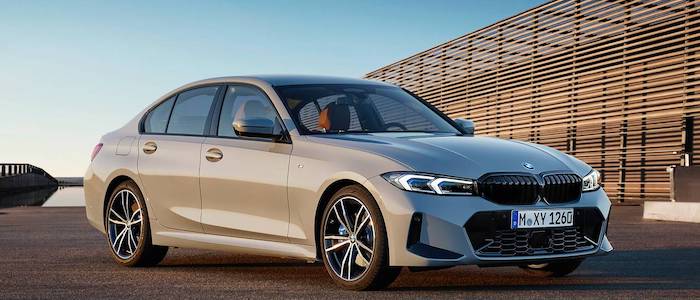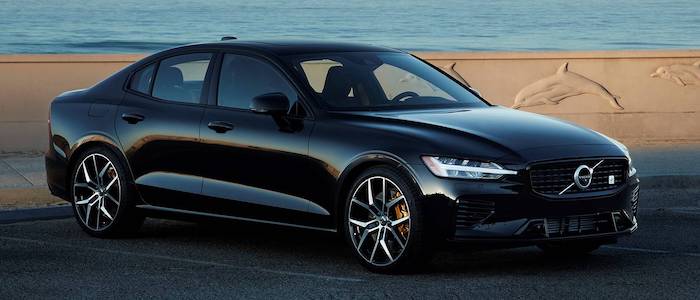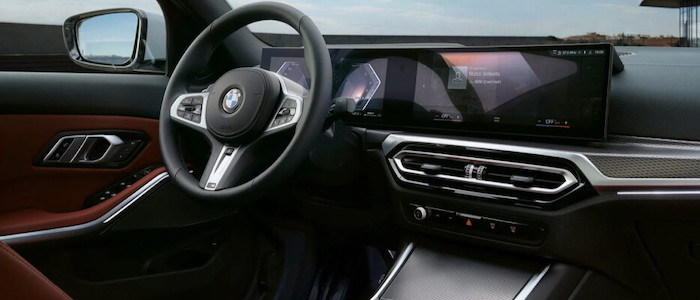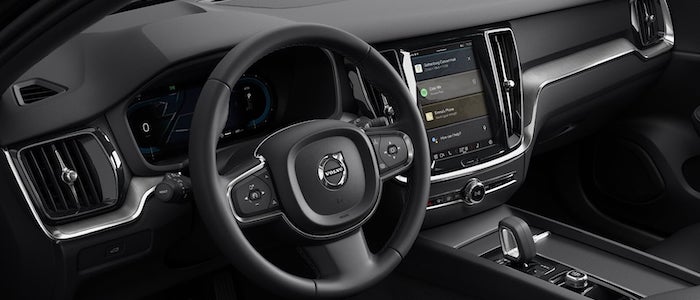Compare two cars
Compare any two cars and get our Virtual Adviser™ opinion
Dimensons & Outlines
Check a car with 30% off a report
Engine
Performance (manual gearbox)
Performance (automatic gearbox)
Expenses
Virtual Adviser's™ opinion
Two significantly similar cars, no doubt about that. Still, each one has something different to offer. Having both cars powered by petrol engines and utilizing the 4-door sedan body style within the same 'Large family car' segment, the only major difference here really is their wheel drive configuration (rear for the BMW and front in the case of the Volvo). The first one has a BMW-engineered powertrain under the hood, a 4-cylinder, 16-valves 156hp unit, while the other one gets its power and torque from a 4-cylinder, 16-valves 163hp engine designed by Volvo.
SafetyThe first thing to look into here would be the results from European New Car Assessment Programme (Euro NCAP) tests performed on the two cars. Good thing is that both vehicles got tested, with the same number of safety stars gained in the process. That aside, let's consider some other aspects which affect safety. Both vehicles belong to the large family car segment, which is generally a good thing safety-wise, but that fact doesn't break the tie between the two cars. On the other hand, when it comes to weight, a factor that most people underestimate, the Swedish car offers a considerable difference of 14% more metal.
ReliabilityI don't like generalizing things when it comes to reliability, although it does seem that Volvo does have a slight advantage, all the models observed together. These are the official statistics, while our visitors describe reliability of BMW with an average rating of 4.1, and models under the Volvo badge with 3.2 out of 5. Unfortunatelly, I don't have enough insight that would allow me to comment in more details on the specific models level. We should definitely mention that owners of cars with the same powertrain as the German car rank it on average as 3.0 out of 5, exactly the same as the other one.
Performance & Fuel economyBoth of the cars accelerate exactly the same, so we couldn't put one above the other. Car No. 1 reaches top speed of 180 kilometers per hour, 43km/h more than the other car. When it comes to fuel economy things look pretty much the same for both cars, averaging around 7 liters of fuel per 100 kilometers (40 mpg), in combined cycle.
Verdict
Volvo appears just a bit more reliable, although the difference is truly marginal. The most important thing when deciding between any two vehicles should always be safety, both passive and active. In my opinion, everything taken into account, the Swedish car offers significantly better overall protection, taking the lead here. From there things take a different direction, with BMW outracing its opponent in any situation possible, making it better choice for boy racers. It does come at a cost though, and that's the fuel consumption... It's really tough to make a final decision here, but if I'd need to, I'd say Volvo. In any case that's my personal view, built upon all the data available to me. What should decide here though is the way you feel about the two vehicles, and I hope you'll find my guidelines useful in the process. I suggest you spend two more minutes in order to find out which car, based on your needs and budget, would be picked by the virtual adviser™, out of 12.000+ vehicles we currently have in our database.































